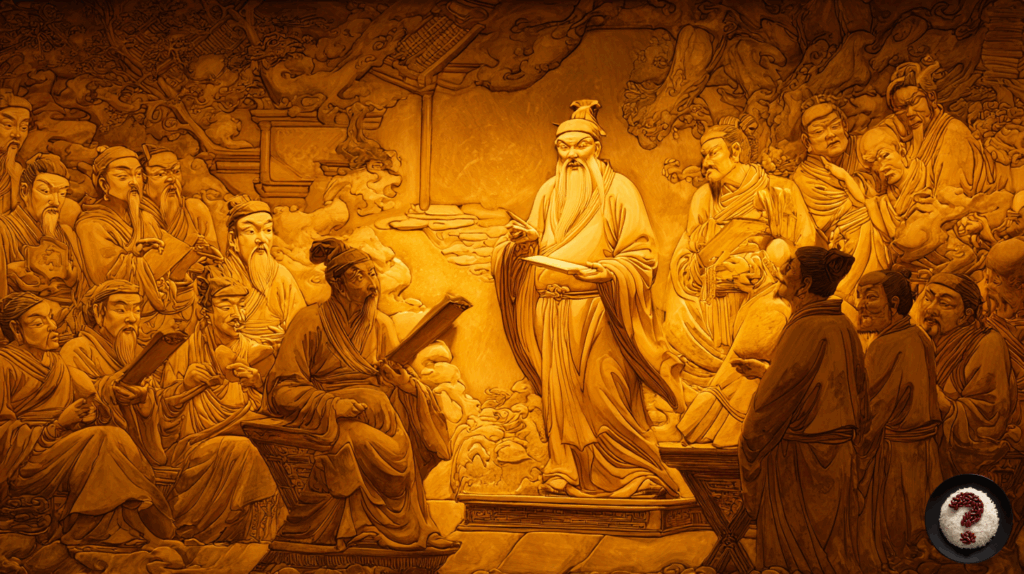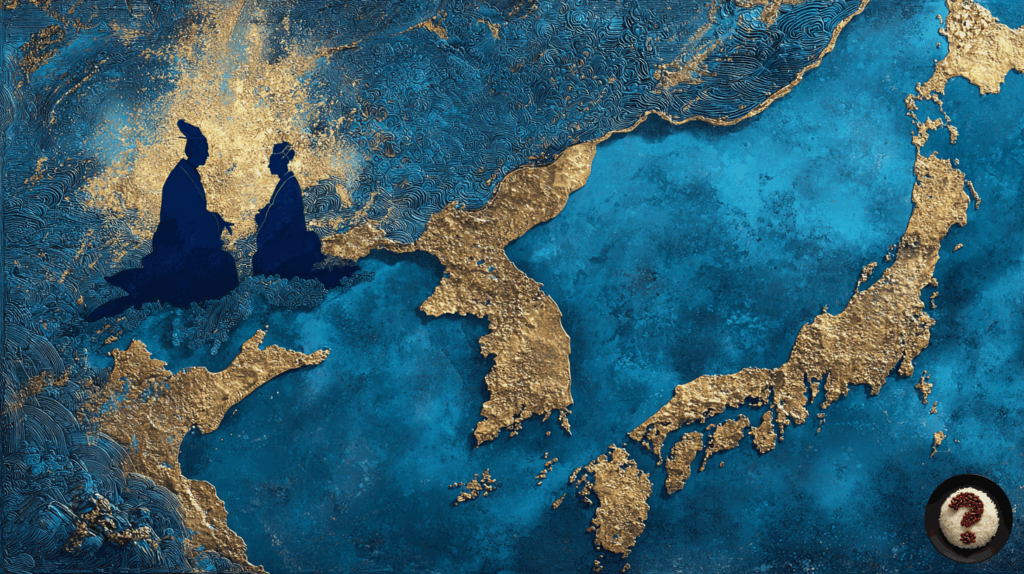
Confucius – 100 People Who Changed the World #1
Short Biography
Confucius (551 BC – 479 BC) is one of the most historically and culturally influential thinkers in China. Originally named Kong Qiu, Confucius was born in the state of Lu. He lost his father at a young age and grew up under difficult circumstances. Despite this, his eagerness to learn and his understanding of moral discipline made him stand out. In his youth, he took on minor roles in state administration, but earned his true fame through teaching and philosophy.
Confucius not only presented the Chinese people with a system of political order and justice but also developed views on individual virtue, family bonds, and the necessity for society to live in harmony. His ideas were compiled by his students and reached us through the work known as the “Analects” (Lunyu).
This article is the 1st part of our series, ‘100 People Who Changed the World’.

Key Contributions and Achievements
One of Confucius’ most important contributions is the principle of “virtuous leadership” for maintaining social order. According to him, a ruler must set an example for the people, representing values such as justice, compassion, and uprightness. This understanding influenced Chinese politics for centuries, even forming the basis of the imperial administrative system.
Another contribution is the importance he placed on education. Confucius argued that learning should be accessible not just to the elite class but to all segments of society. In this regard, he pioneered a more democratic educational system. Furthermore, the emphasis he placed on moral education and the development of individual character has also inspired modern pedagogical approaches.

Impact on the World
Confucius’ teachings were not limited to China alone. Confucianism became an important part of the social order and cultural identity in Korea, Japan, Vietnam, and many regions of East Asia. His teachings have been decisive in matters of family structure, social morality, education, and state governance for centuries.
Even today, Confucius’ ideas are evident in many fields, from modern governance to ethical principles in the business world. Issues like mutual respect in human relationships, valuing the wisdom of elders, and social harmony continue to be globally inspiring.

Interesting Facts
- Confucius’ thoughts were compiled by his students after his death. He did not write books directly, but his sayings were compiled into a classic philosophical source.
- The “Golden Rule,” known as “Do not impose on others what you yourself do not desire,” belongs to Confucius, and this principle has become a common moral rule in many religions and philosophies around the world.
- Confucianism, which was the official state ideology in China for a long period, was a determining factor in selecting state officials through the examination system.
- The year 2009 was celebrated by UNESCO as the “Year of Confucius” to commemorate the 2560th anniversary of his birth.
- Even today, there are Confucius temples and academies established in his name in various Chinese cities.
Conclusion
Confucius is one of the most important thinkers not only in China but in all of human history. His teachings address a wide range of subjects, starting from the individual’s inner virtues up to the order of society and the understanding of state governance. The importance he gave to education, morality, and harmony in human relations serves as timeless wisdom that remains guiding today.
While rapid changes and social problems are experienced in the modern world, Confucius’ understanding, founded upon justice, virtue, and compassion, represents values that humanity needs to be reminded of. The lessons drawn from his teachings today can help us build a more harmonious life at both individual and societal levels.
